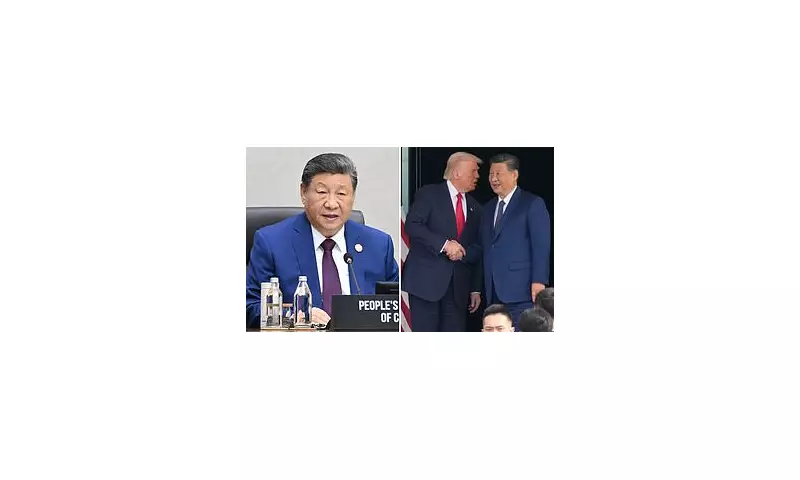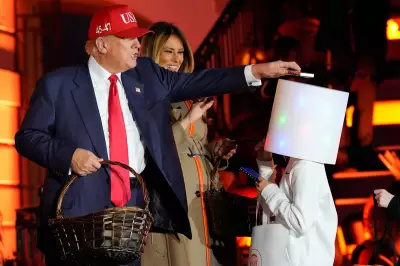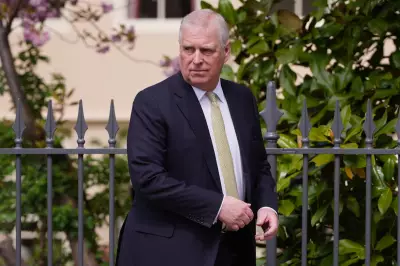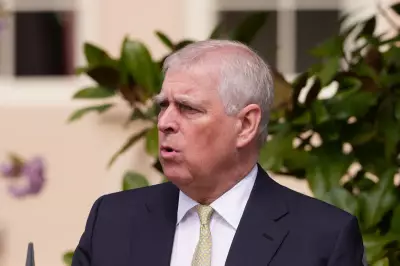
In a revelation that has sent shockwaves through international diplomatic circles, Chinese President Xi Jinping reportedly engaged in candid discussions about former US President Donald Trump during a recent high-profile summit. The meeting, which occurred amidst growing speculation about Trump's potential return to the White House, has exposed the complex dynamics shaping future US-China relations.
The Diplomatic Chessboard
According to insider accounts, President Xi demonstrated keen awareness of the shifting American political landscape. The Chinese leader's remarks during the private session suggest Beijing is carefully preparing for multiple political scenarios as the United States approaches another contentious election cycle.
The summit unfolded against a backdrop of ongoing trade tensions and geopolitical rivalries that have characterised the relationship between the world's two largest economies. Observers note that Xi's willingness to directly address the Trump factor indicates China's strategic concern about potential changes in American leadership.
Strategic Positioning and Global Implications
Diplomatic analysts suggest the meeting represents China's proactive approach to managing what could be a significant shift in US foreign policy. The discussions reportedly touched upon key bilateral issues that have remained unresolved since Trump's previous term, including trade imbalances, technology competition, and regional security concerns.
What makes this development particularly significant is the timing, coming as world leaders attempt to navigate an increasingly multipolar global order. The substance of the conversations suggests both leaders recognise the enduring impact their relationship could have on international stability and economic cooperation.
Regional Reactions and Future Projections
Neighbouring Asian powers and European allies are closely monitoring the situation, aware that any substantial shift in US-China relations could ripple across global markets and security arrangements. The meeting's revelations come as many nations recalibrate their diplomatic approaches to account for potential political changes in Washington.
Experts emphasise that while the current US administration maintains its established China policy, the shadow of potential leadership change adds a new layer of complexity to international diplomacy. The situation underscores how domestic politics in major powers increasingly influence global governance and economic stability.
As the world watches these developments unfold, the Xi-Trump dynamic continues to represent one of the most consequential relationships in modern international affairs, with implications that extend far beyond bilateral concerns to shape the very architecture of global order.





